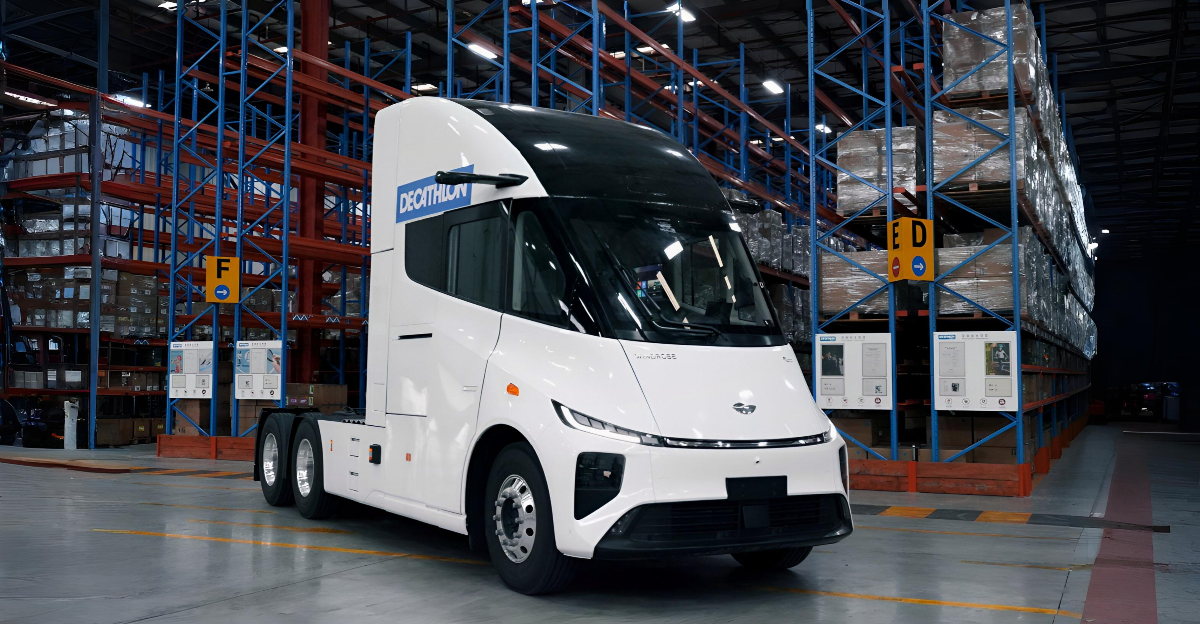
A Chinese EV company has announced that it will start building electric trucks in the U.S.—yes, building, not importing.
While tariffs were meant to block Chinese EVs at the border, this company found another way. It’s setting up shop in California and Georgia, reviving old factories and hiring local workers to assemble big rigs for American highways.
It’s more than just another business headline. This is about jobs, trade policy, and whether all those tariffs are really working the way we were told they would.
Let’s take a closer look at what’s happening—and the unexpected company behind it.
Tariffs Were Supposed to Shut the Door
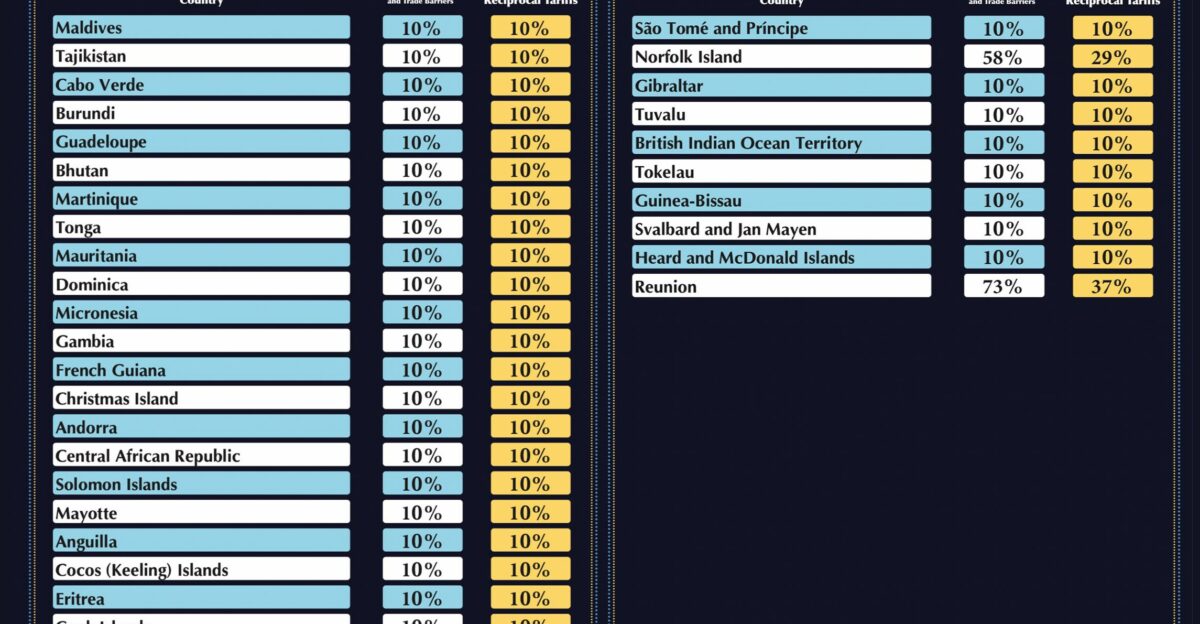
The U.S. didn’t just raise trade barriers, it slammed them shut. In 2024, a 100% tariff was added to Chinese electric vehicles. Some products faced even higher rates because of stacked taxes. The idea was to make Chinese EVs too expensive to compete. Leaders said this would protect American workers and help U.S. automakers. The result? Prices for imported Chinese EVs jumped, and the industry prepared for major changes.
Many people believed these tariffs would block Chinese vehicles completely from entering the country. But behind the scenes, one Chinese EV truck maker was already brewing something, and it caught nearly everyone off guard.
But Someone’s Already Here
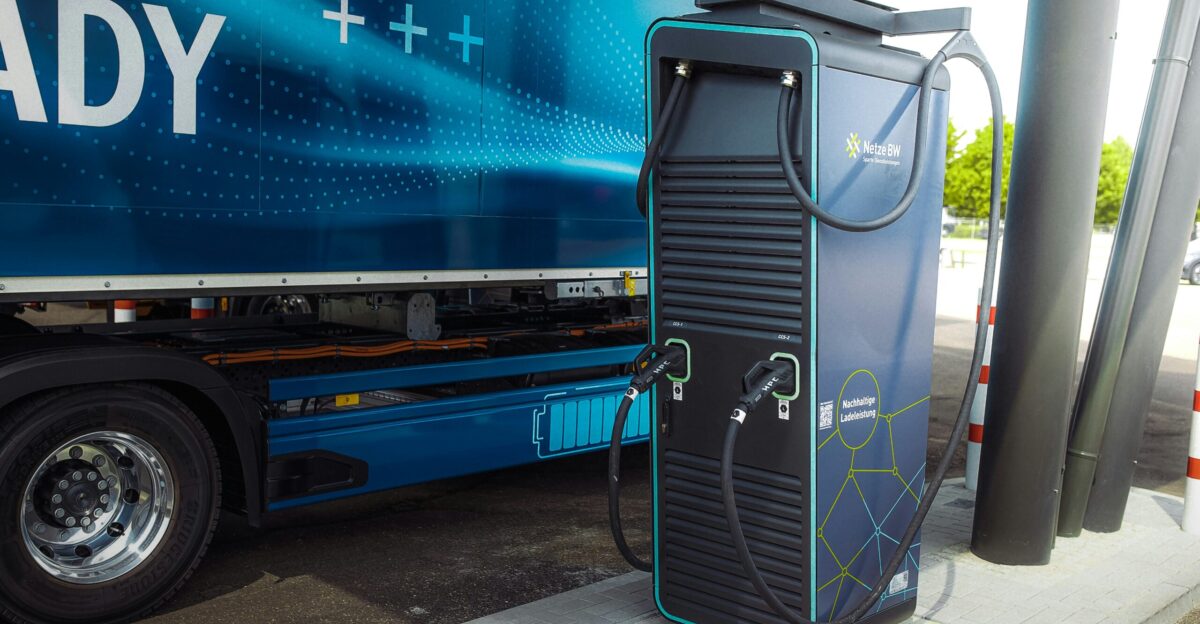
While headlines focused on tariffs, one Chinese company moved ahead. It quietly leased buildings in Georgia and California. There, it started setting up truck assembly lines and hiring local workers. Instead of shipping entire trucks, the company sends only parts. It then builds the vehicles in the U.S., which lowers the tariff costs.
The company is forming partnerships with U.S. logistics companies and working with local officials. What this means is simple: Chinese electric trucks are being built in the U.S. right now, and they’re almost ready to hit the road.
Who’s The EV Truck Maker?
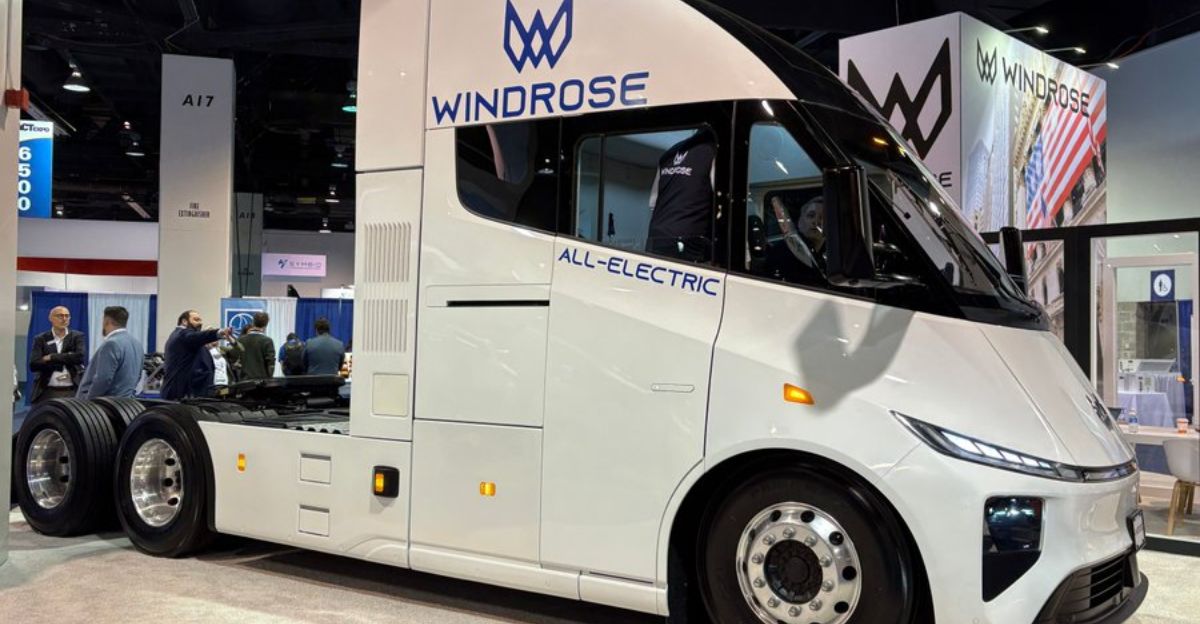
The company behind this big move is Windrose Technology. It was founded in 2022 by Wen Han and focuses on long-distance electric freight trucks. Windrose uses a “glocal” approach: key parts are made in China, but final assembly happens in the U.S. This helps the company avoid high import taxes and still claim that its vehicles are American-built. Its first known U.S. customer is JoyRide Logistics.
Windrose also lists Nike as a client, although this hasn’t been independently confirmed for U.S. operations. Either way, Windrose is already making moves that few expected from a Chinese EV maker.
Why Windrose Picked the U.S. Now
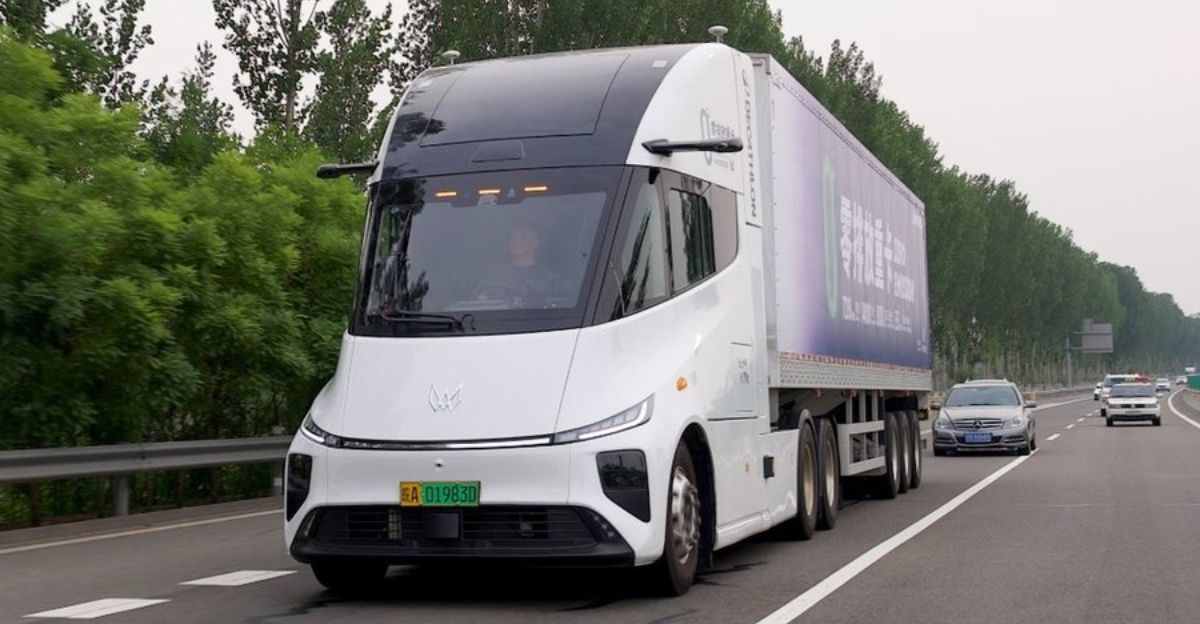
Windrose chose this moment carefully. By assembling its trucks in the U.S., it avoids big tariffs and gets closer to American customers. One of those customers is JoyRide Logistics, already working with Windrose. This move also helps the company avoid delays caused by global shipping issues.
For U.S. buyers, it lowers risk and boosts trust. The EV market is crowded, but Windrose offers something rare: fast, local delivery backed by strong logistics. For partners, it’s a smart deal. They get advanced trucks without the high costs and legal headaches of full imports. It’s a move that’s gaining serious attention.
Inside Windrose’s Two-Plant Strategy
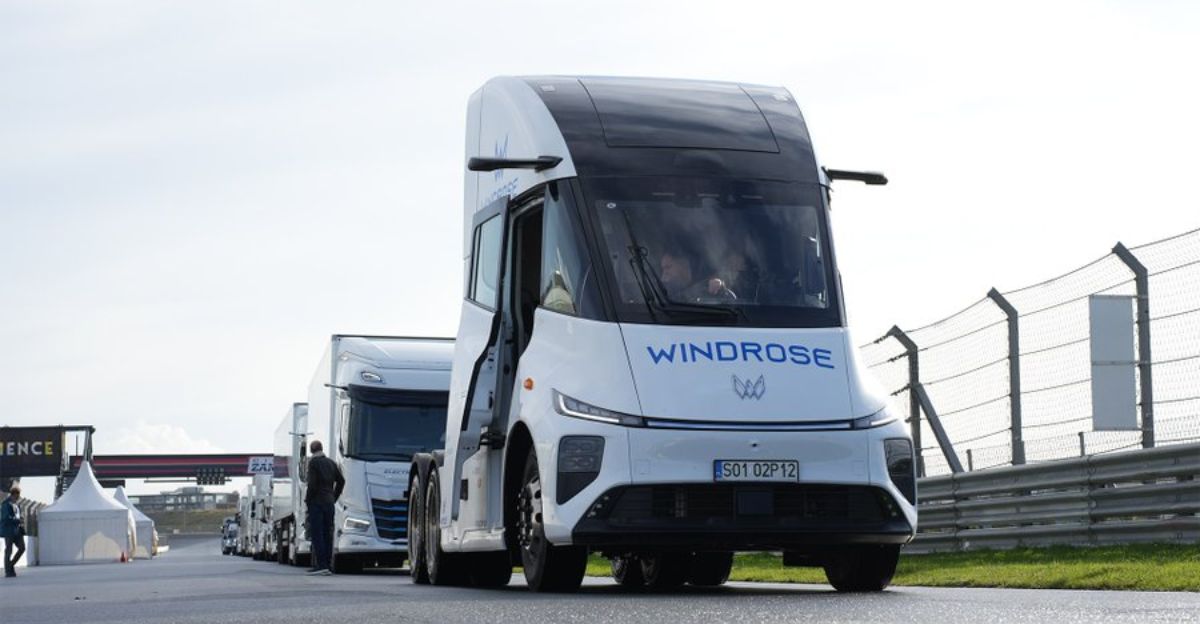
Windrose is setting up in two U.S. locations. The first is an old plant in Huntington Beach, California, scheduled to open in July 2025. The second is a new facility planned for Savannah, Georgia, with a launch goal of 2026. Together, these plants will create jobs, though most roles will focus on assembly, not heavy manufacturing.
Windrose is using these locations to build its trucks locally and avoid steep import costs. While other companies have talked about this strategy, Windrose is the first Chinese EV firm to put it into action at this level in the United States.
The R700 Truck: Built to Disrupt
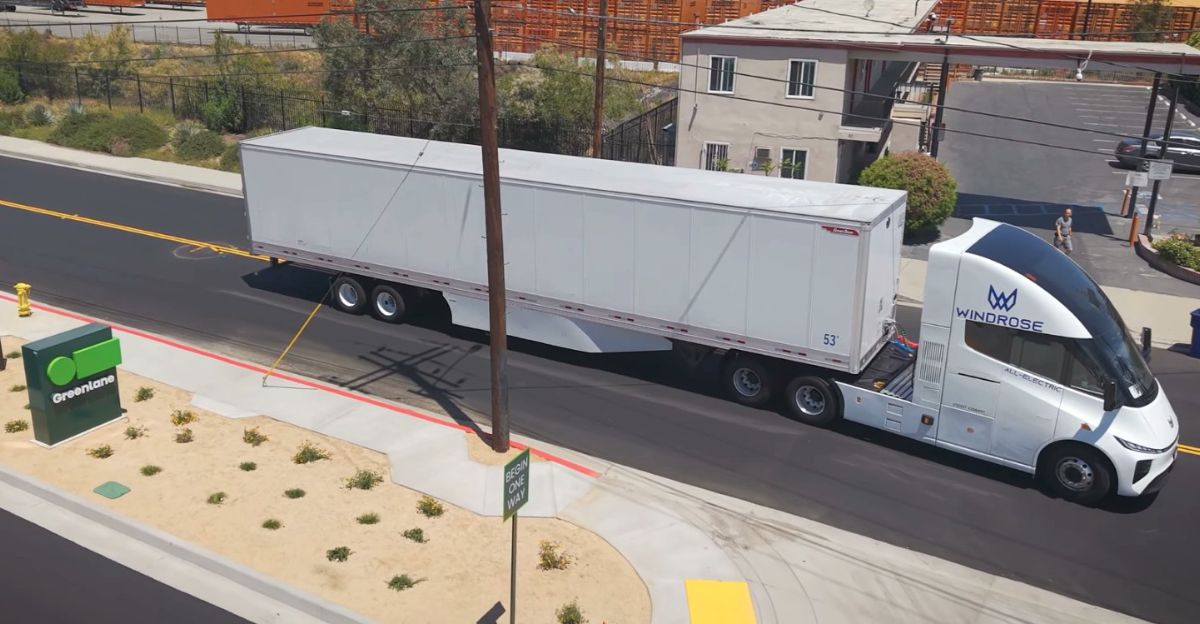
The Windrose R700 electric truck has a huge 729 kWh battery, a loaded range of 416 miles, 1,400 horsepower, and ultra-fast charging. It costs around $250,000. It has completed a 2,800-mile test drive across the country. JoyRide Logistics is already using it in the American West.
For delivery companies, the R700 offers a working alternative to diesel or delayed domestic EVs. It’s real, it’s reliable, and it’s here. While other companies are still testing, Windrose is already delivering. That’s getting attention from fleet buyers looking for proven solutions.
Windrose vs Tesla Semi: Who Moves Faster?
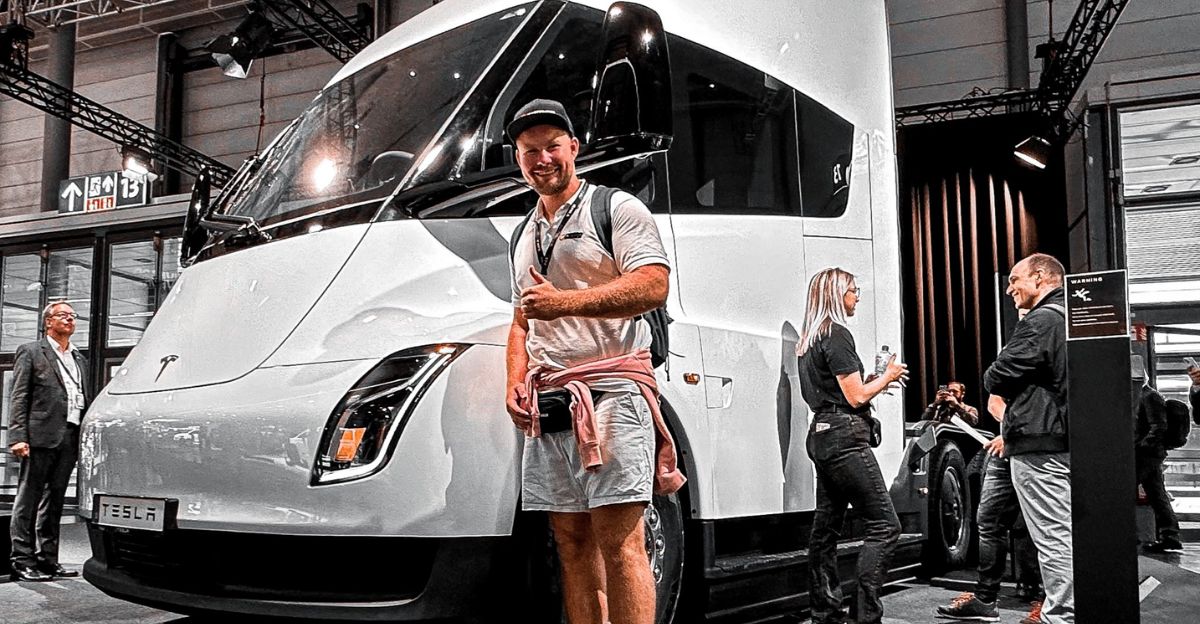
Tesla’s Semi has been in the news for years, but it still hasn’t delivered on key promises. Delays and changing plans have slowed it down. Windrose, on the other hand, is already sending trucks to customers and building assembly sites.
Tesla focuses on full North American production. Windrose combines Chinese parts with U.S. assembly. This mix allows Windrose to move faster. While Tesla talks about the future, Windrose is putting trucks on highways right now. For buyers, that makes a difference. They don’t want to wait. Windrose is offering speed, value, and reliability; something the industry badly needs.
Are Trump’s Tariffs Working?

Windrose’s move raises a big question: are tariffs doing what they were meant to do? They may be. Instead of stopping foreign firms, the rules are pushing them to build their products in the U.S. This is called localization, and it’s already happening.
More factories are opening, and politicians are calling it a win. Still, this isn’t just about jobs. It’s about how global businesses adapt when rules change. Some companies are not backing off, they’re changing course and finding new ways to succeed inside the U.S. market.
GE Electronics and the Bigger Shift
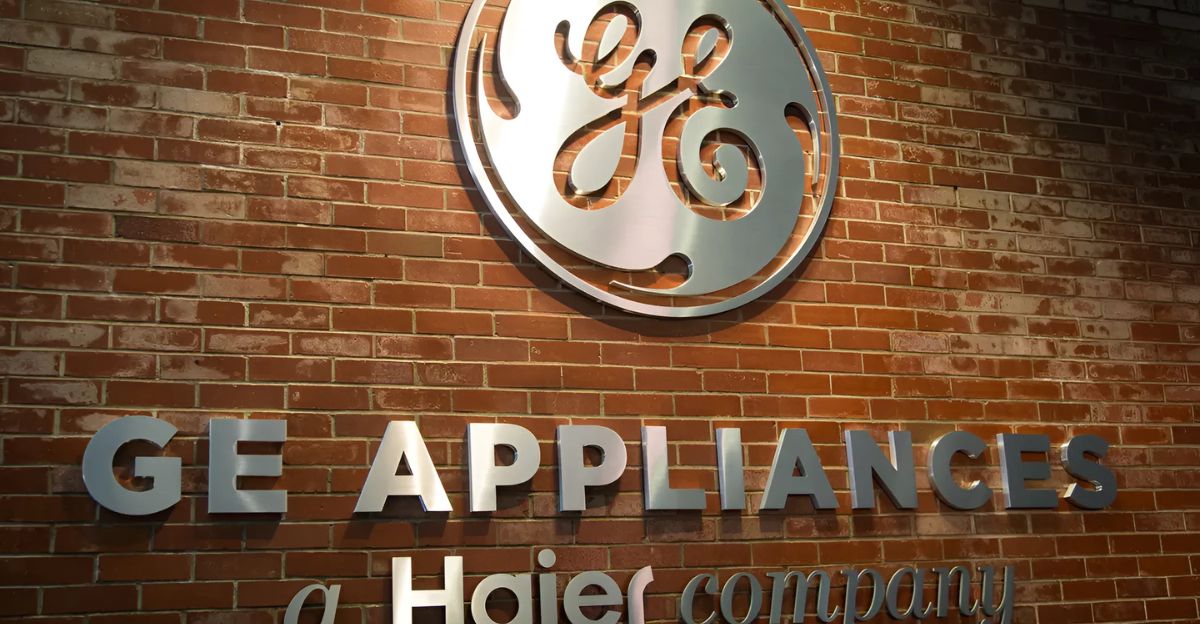
Windrose is not the only one bringing manufacturing home. GE Appliances, which is owned by China’s Haier, is moving its washing machine production from China to Kentucky. It’s spending $490 million and creating 800 jobs. The reason? Tariffs have made imports more expensive and harder to predict.
Other companies are starting to do the same. Factories are coming back, and supply chains are shifting. This isn’t just one or two businesses, it might be the start of something bigger. But there are questions. Will these new plants bring good jobs? Or are they mostly automated? That’s something American workers are still waiting to see.
What It Means for the U.S. Job Market

Are these new factories really a win for American workers? It depends. Many of the new jobs focus on final assembly, which can often be automated. Full supply chains, from parts to finished trucks, are harder to build and take more time and investment.
For now, companies are doing what’s easier and faster. Still, even smaller wins feel important in places that lost factories in the past. Some jobs are better than none. The challenge is to build on this progress and push for long-term results.
Is This the Future of Global Manufacturing?
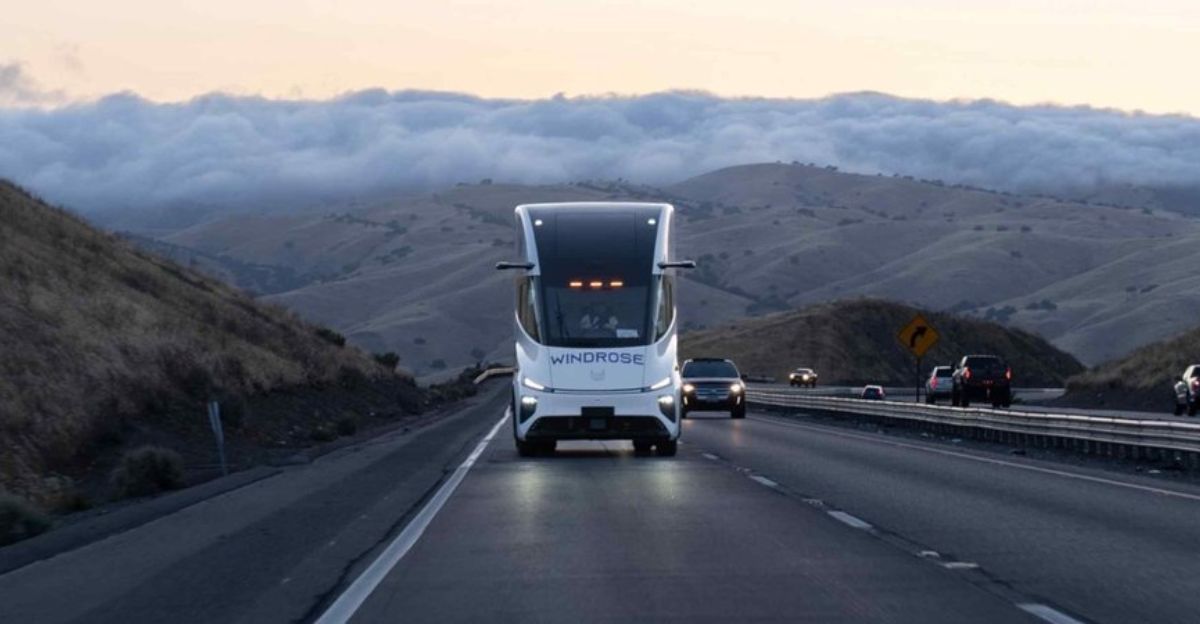
Windrose and GE may be showing what’s coming next. Tariff pressure is forcing companies to rethink how and where they build. The old model of global factories might be fading. Companies now need to produce close to where they sell. This trend will likely grow.
But will it help workers, or just shift the game again?
For now, it looks like tariffs are having an effect. Not by keeping others out, but by bringing them in under new rules. Global companies are playing a different game, one shaped by U.S. policy. What happens next will shape the economy for years.